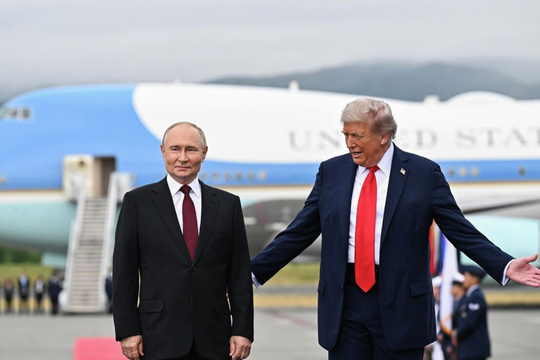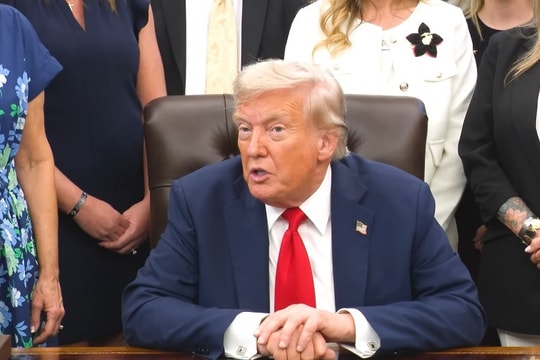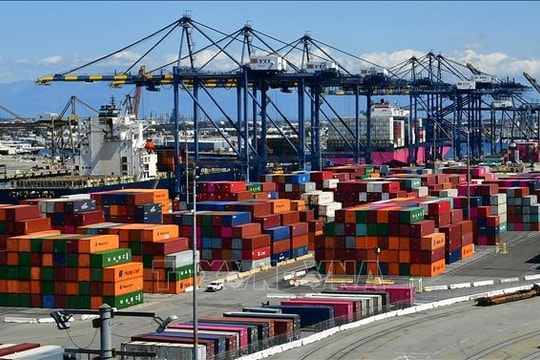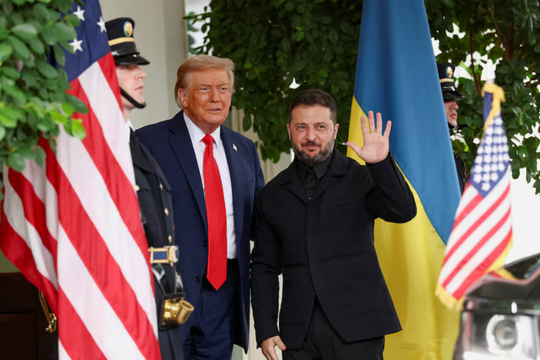US Election: Sanders 'surpasses' Clinton in West Virginia
The primary election results in the two states of West Virginia and Nebraska showed that billionaire Donald Trump won completely while Mr. Sanders surpassed Mrs. Clinton in West Virginia.
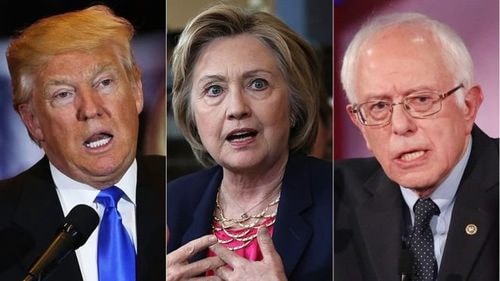 |
| The three remaining candidates in the 2016 White House race: Donald Trump, Hillary Clinton and Bernie Sanders - Photo: BBC |
According to Foxnews, Mr. Bernie Sanders won the primary election on May 10 in West Virginia.
The victory further boosted the Vermont senator's morale in an increasingly fierce competition with the current Democratic front-runner, Hillary Clinton.
Meanwhile, the presumptive Republican presidential candidate Donald Trump continued his winning streak in the states of West Virginia and Nebraska.
“We won big. The people of West Virginia said they need an economy that works for everyone, not just the 1 percent,” Sanders said at a victory rally in Salem, Oregon.
Sanders' victory comes a week after he defeated Clinton in Indiana. Sanders said he has now won 19 primaries, compared to 23 for Clinton.
Billionaire Trump did not hold a victory celebration but wrote on Twitter: "Thank you West Virginia" and "Thank you Nebraska".
To date, Donald Trump has achieved 86% of his official target of 1,068 party delegates, only 169 delegates short of the required 1,237 party delegates. However, he has become the official representative of the Republican Party because he is left alone in the race with consecutive victories like cutting bamboo.
In Nebraska, the final primary results are still not in. With 29% of the precincts counted, Clinton is currently leading Sanders by 60% to 39%.
However, Mr. Sanders won this state at a private Democratic Party meeting held in March. Accordingly, he was pledged support from 15 party delegates, while Mrs. Clinton only received support from 10 party delegates along with the support of 3 party super delegates.
With his victory in West Virginia, Mr. Sanders has gained about 29 more party delegates. However, Mrs. Clinton still has an insurmountable advantage with 2,228 delegates.
Meanwhile, Mr. Sanders has only 1,454 delegates and only 9 more primaries will take place in the coming time. In the Democratic Party, to become the representative, a candidate needs the support of 2,383 party delegates.
Mr Sanders admitted that his only hope of victory is to wait until the Democratic convention in July and convince enough superdelegates to vote for him.
According to Tuoitre

